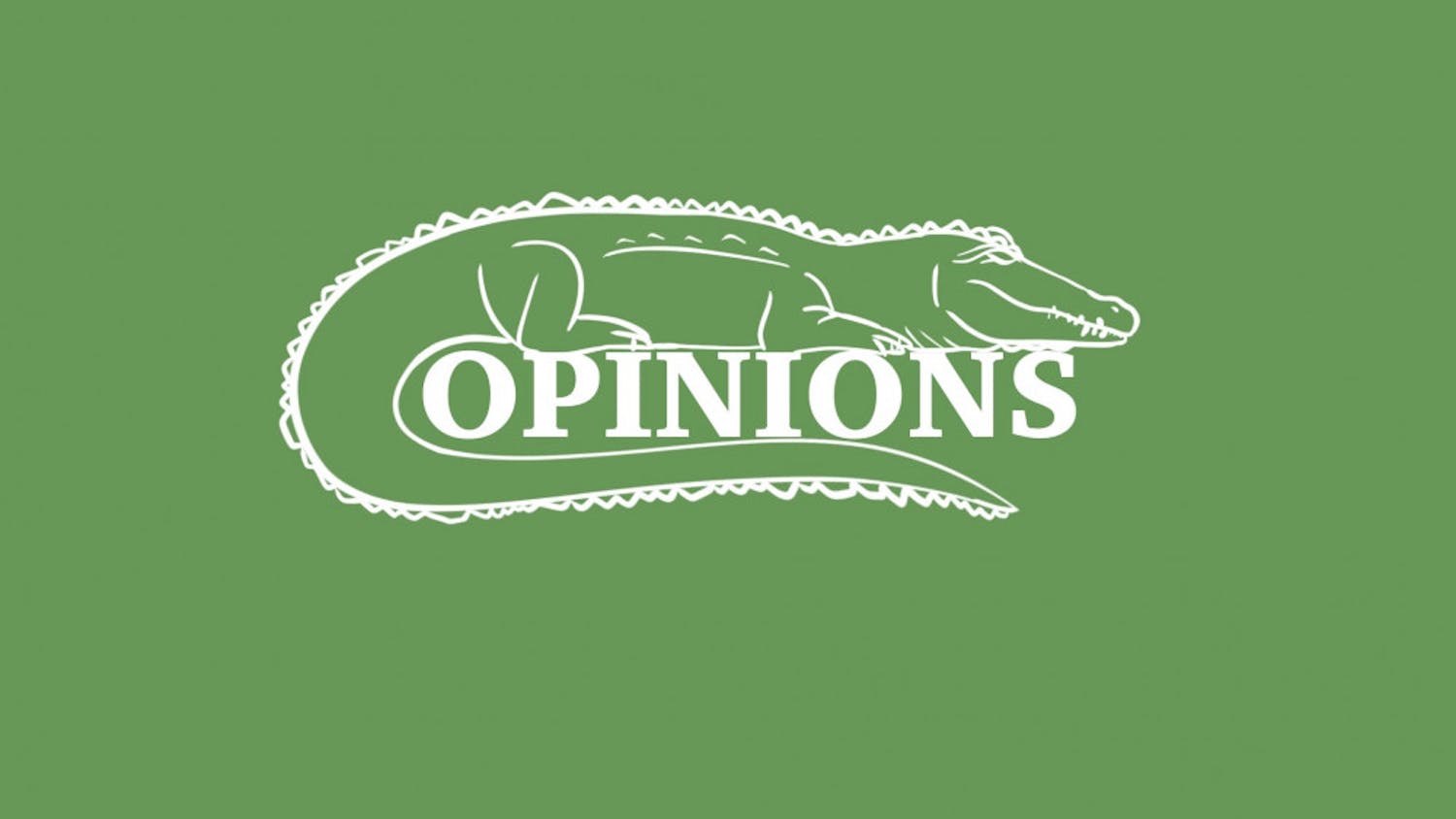“The Shawshank Redemption” has all the ingredients of a dismal movie. Its protagonist, Andy Dufresne, is hurled into a dark, dingy prison after being framed for murder. He spends years there battling anxiety and depression, not to mention fellow prisoners.
Yet the story as a whole feels happy because of what movie buffs call a narrative arc. The tension peaks halfway, when Andy feels hopelessly depressed, but it winds down into a conclusion, or epilogue, that lets you know he’s going to be happy.
I doubt UF students can relate to being locked in a 1940s prison, but thousands may identify with Andy’s internal struggle. A nationwide survey by the American College Health Association in 2011 revealed that about three out of ten students had felt “too depressed to function” in the year preceding the study.
Unlike movies, true stories about mental health often end too soon, without positive resolutions. In the spring of 2012, the UF community mourned for Michael Richard Edmonds Jr., the journalism student who committed suicide by jumping from Ben Hill Griffin Stadium.
True stories with happy endings can give hope to people who are depressed, but those who have them tend to keep quiet because of the stigma surrounding mental health issues. My story ended happily eight years ago, thanks to my supportive friends, family and a place called Castle.
On the outside, the three-story Victorian home in Cambridge, Mass., looked like a typical boarding school. About a dozen teenagers and I studied in the dining room and slept in bunk beds upstairs. In reality, Castle was a strict program for students with problems such as depression and substance abuse. Those who left without permission had to scrub floors and wash dishes for 15 to 25 hours.
A chain of events starting in elementary school led me there. In fifth grade I began feeling lethargic, and it was increasingly tough for me to have fun or connect with friends. My mom tried sending me to a few therapeutic and disciplinary programs, but none improved my situation.
My outlook changed because of a series of people I met while at Castle, starting when I was 13. The school’s staff members — counseling students in their late 20s and 30s — were smart, friendly and relatable.
The staff recommended that I start taking weekly walks with Ron Siegel, a therapist with a broad smile and a salt-and-pepper moustache. Ron, an assistant professor at Harvard Medical School, had a great sense of humor, and he naturally weaved his clinical knowledge into conversations without using jargon.
To fulfill the school’s internship requirement, I worked as a filmmaker for a community cable station called CCTV. My then-supervisors, Jennifer Schmitt and Arthur Martins, became helpful friends and mentors. One of my first movies featured teens telling mom jokes. Being a 15-year-old boy, I was pretty sure it deserved an Oscar.
While I thank the staff at Castle, Ron and my friends at CCTV for improving my outlook, my mom deserves enormous credit for her generosity and patience. My mom quit her job so she could attend weekly meetings at Castle, and she brought me sushi each Tuesday.
Earlier this summer I had a dinner party for my former peers from Castle, and I was struck by how the group has evolved. Many of us now have healthy lifestyles, fun jobs and happy relationships with our partners and families. I stopped feeling depressed at 15, went to a regular high school at 16, then went to college.
As an angsty teen, I once compared Castle to Shawshank because they seemed equally oppressive. Looking back as an adult, I realize the prison and the school were similar, but for a different reason. They were catalysts that transformed depressing circumstances into happy endings.
Cody Romano is a UF public relations senior. His columns appear Thursdays.





